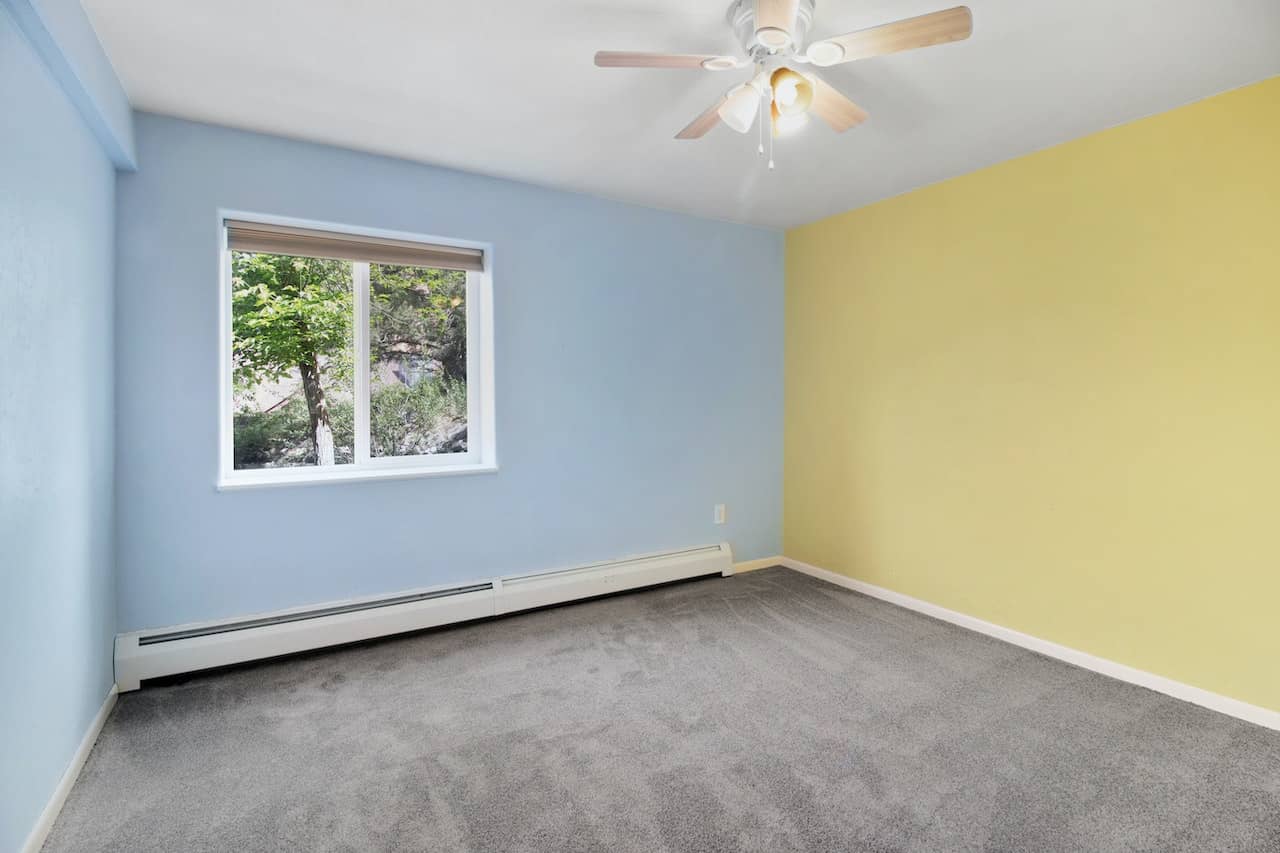As a tenant, you have certain rights and responsibilities that come with renting a property. One of these rights is to live in a safe and well-maintained home. Unfortunately, housing disrepair is a common issue faced by many tenants, especially those living in older or poorly-maintained properties. In this article, we will explore the concept of tenant empowerment and its role in addressing housing disrepair issues.
What is Tenant Empowerment?
Tenant empowerment refers to the process of giving tenants a voice and involving them in decision-making processes that affect their living conditions. This includes providing tenants with information, resources, and support to help them participate in discussions about housing policies, maintenance, and other issues related to their tenancy.
Tenant involvement and empowerment standard
In recent years, there has been a growing recognition of the importance of tenant empowerment in addressing housing disrepair issues. The UK government’s Social Housing Green Paper, published in 2018, set out a new “tenant involvement and empowerment standard” that aims to give tenants a greater voice in the decision-making processes that affect their homes.
Under this standard, landlords and housing associations are required to involve tenants in a range of activities, including:
- Developing and reviewing policies related to housing management and maintenance.
- Developing and reviewing service standards.
- Identifying and addressing housing disrepair issues.
- Developing and implementing strategies to prevent and tackle anti-social behaviour.
- Developing and implementing strategies to promote tenant wellbeing and community engagement.
Can a Tenant Refuse Access for Maintenance?
As a tenant, you have the right to refuse access to your home for non-emergency repairs. However, it’s important to note that refusing access may delay the necessary repairs and could potentially make the problem worse.
If you’re concerned about the repair work or the presence of contractors in your home, it’s important to discuss your concerns with your landlord or property management company. In many cases, they will be willing to work with you to find a solution that addresses your concerns while still allowing the necessary repairs to be completed.
Why is Tenant Engagement Important?
Tenant engagement is a critical component of addressing housing disrepair issues. When tenants are actively engaged in the process, they can help identify problems early on and work with landlords or property management companies to ensure that necessary repairs are completed in a timely manner. This can help prevent small issues from becoming larger and more costly problems down the line.
In addition, tenant engagement can help build trust between landlords and tenants. By working together to address housing disrepair issues, landlords and tenants can establish a more collaborative and positive relationship. This can help prevent disputes from arising in the future and can create a more stable and positive living environment for all involved.
Is a Landlord Required to Make Improvements?
Under UK law, landlords are required to maintain their properties in a safe and habitable condition. This means that landlords are responsible for ensuring that their properties meet certain standards, including:
- The property is free from serious hazards such as damp, mould, or structural issues.
- The property has adequate heating, hot water, and ventilation.
- The property is free from pests such as rodents or insects.
- The property is in good repair and free from any defects that could pose a risk to tenants.
If a tenant reports a housing disrepair issue to their landlord or property management company, the landlord is legally required to investigate and address the problem in a timely manner. Failure to do so could result in legal action being taken against the landlord. This is when it is best to contact National Claims, as we have a team of claims specialists who can help guide you through the claims process.

Conclusion
In conclusion, tenant empowerment is a critical component of addressing housing disrepair issues. By giving tenants a voice and involving them in decision-making processes, landlords and housing associations can work together with tenants to identify and address problems early on, preventing small issues from becoming larger and more costly problems down the line.
The tenant involvement and empowerment standard set out by the UK government is an important step towards creating a more collaborative and positive relationship between landlords and tenants, and towards ensuring that all tenants have access to safe and well-maintained homes.
Get in touch now to make sure you’re speaking to an experienced member of National Claims to help start your housing disrepair claim.
Note: You can only make a claim if you are currently living in social housing.
Click below to see why we are one of the most trusted claims management companies in the UK.





